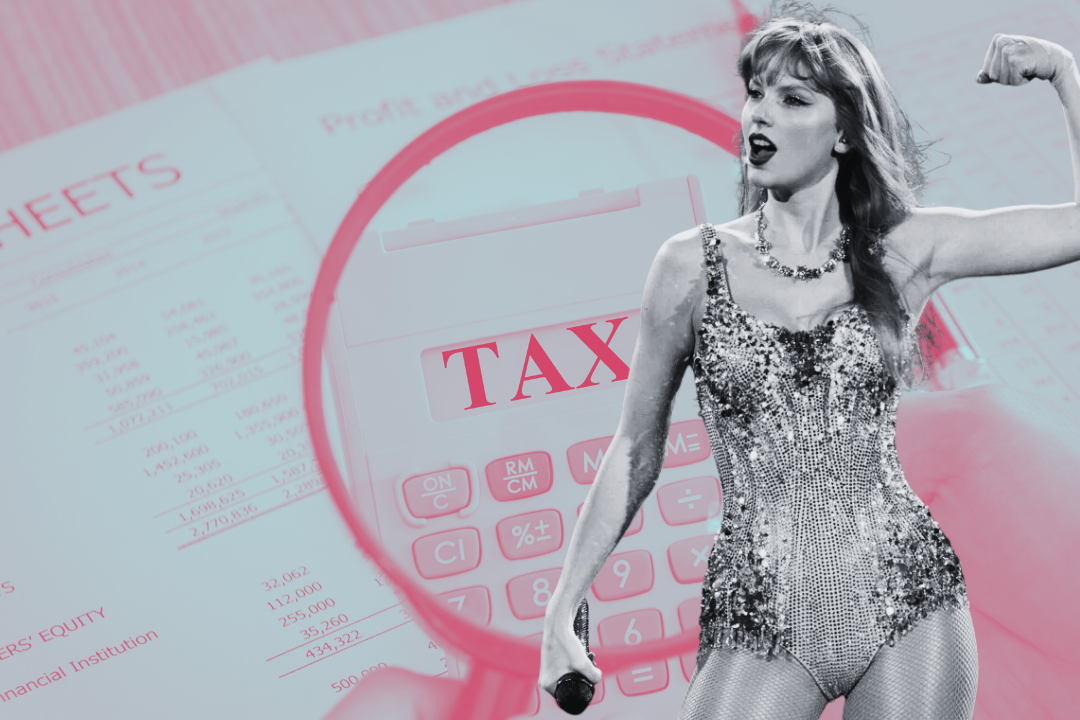This One Money Habit Will Change Your Life

Put time in your calendar every damn month to have a money date. It will have a HUGE impact on your financial well-being. It's a chance to review your spending and progress, make necessary adjustments, and set goals for the month ahead.
When you don’t control your money, it controls you. And it can happen to the best of us- even Rihanna struggled with this (proof here). But don't worry…I got you!! The Money Date is your opportunity to reset. It's time to take charge and ensure that your financial empire remains strong and secure.
Let's dive into how you can have a productive money date!

Choose a specific date each month for your money date and mark it on your calendar. Consistency is key here. My money date is always the last Sunday of every month. By scheduling it in advance and committing to it, you prioritize your financial health.

During your money date, take the time to review your bank statements, credit card statements, and investment accounts. Look for any suspicious activity or errors that need to be addressed. Verify your transactions and ensure that everything is in order. This review will help you identify any fraudulent charges, subscriptions you no longer need, or outstanding debts that require attention.

Next, tackle any small financial tasks that can be completed in 10 minutes or less. This could involve requesting reimbursement for that expensive dinner you put on your credit card to maximize your rewards points, returning an unnecessary purchase, canceling a subscription or membership you no longer use, or reaching out to your credit card company regarding a suspicious charge. By addressing these small but important tasks, you'll maintain financial clarity and prevent them from piling up.

The final step of your money date is to plan ahead for the upcoming month. Set financial goals, create a budget, and outline any major expenses or events you anticipate. This proactive approach allows you to anticipate and prepare for future financial obligations, ensuring that you stay on track and avoid surprises.






































